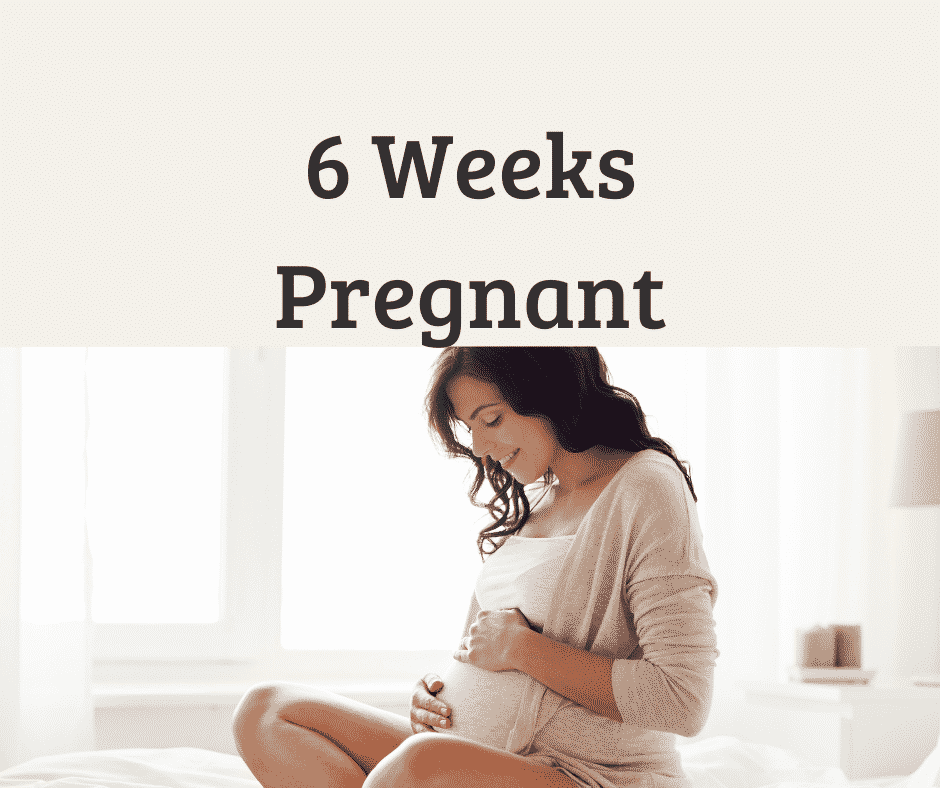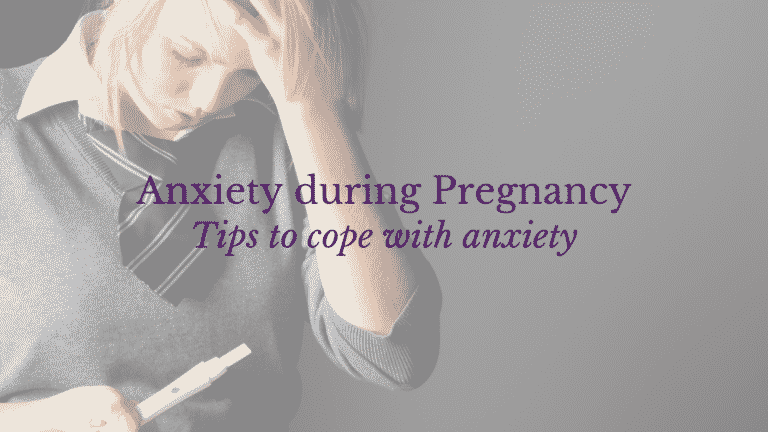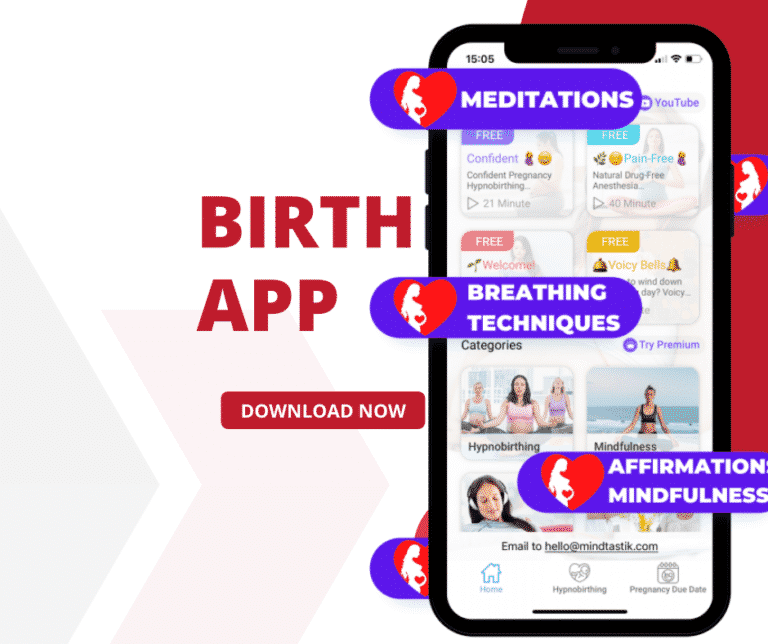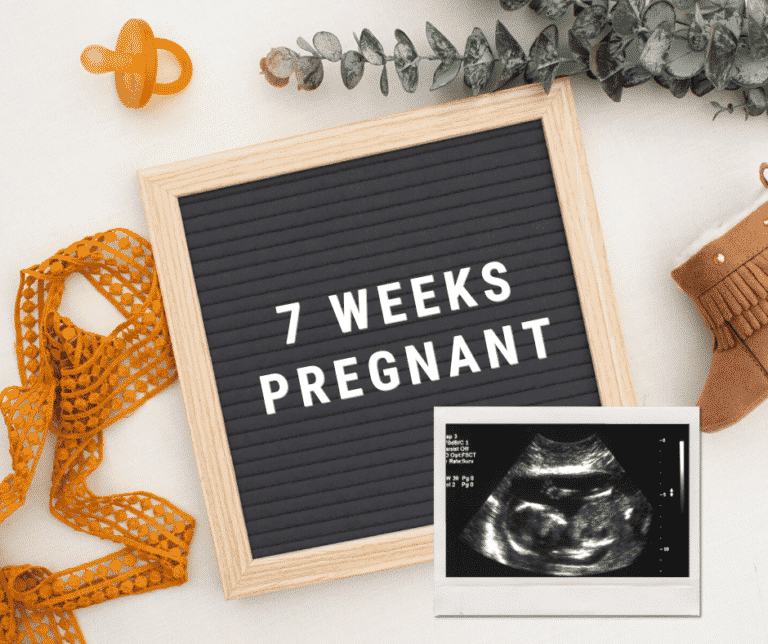6 weeks pregnant: What to Expect about Baby’s Development
Published on March 20, 2022 – Last Updated on April 22, 2022
It’s been six weeks since you found out that you’re pregnant. You’ve probably started to experience some pregnancy symptoms and are getting used to the idea of being a mother. You are 6 weeks pregnant and not sure what to expect? You’re in the right place!
This blog post will give you all the details on what to expect during this stage of your pregnancy. We’ll go through everything you need to know, from your background and training to prenatal care. So let’s get started!
What to expect during the 6-week mark of your pregnancy
During the 6th week of your pregnancy, you may start to experience:
Nausea and Vomiting
You can Feel Nausea and Vomiting for Various Reasons, from Morning Sickness to Emotional Stress. It is Likely to Get Worse Around the 8th week, and Sometimes It Lasts Until the End of the Pregnancy.
Food Cravings or Aversion
You may Suddenly Develop a Strong Craving for a Certain Type of Food or an Aversion to Other Types of Food. This is Also Likely to Get Worse Around the 8th-week Pregnancy Hormones Effect.
Your pregnancy hormone HCG is telling you that you’re tired. You May Experience Fatigue and Tiredness, Especially in the Morning. This is Due to the Hormonal Changes taking Place in Your Body.
Extreme Tiredness
You can Feel Extreme Tiredness in the 6th week too. Baby’s development is starting to speed up, and you are carrying more blood and nutrients around your body.
Dizziness
Dizziness is also a symptom that appears in the 6th week. This is because of increased blood flow and your body’s changing hormone levels.
Frequent Urination
The Frequent Urination May Start Around the 6th Week and Continue Throughout the Pregnancy. This is Due to the Expansion of the Uterus, which Pushes on the Bladder
Breast Changes
Your Breasts May Start to Feel Tender or even Sore and may Swell Slightly. This is Due to the Hormone Changes and Increased Blood Flow to the Area
Mood Swings
You May Experience Mood Swings as Your Hormones Start to Change. This is Normal and Can Be Due to some Factors, Such as Lack of Sleep, Stress, or Anxiety.
Breast Changes
The following symptoms are also common during the 6th week, but not everyone will experience them:
Fetal Movement
You May Start to Feel the Developing Baby, Moving Around. This is Called Fetal Movement and Usually Starts in the 8th Week, But Some pregnant Women Do Feel it Earlier.
Skin Changes
You’ll See a Difference in Your Skin’s Color and Texture. This Is Due to Hormonal Changes and Will pass.
Bleeding or spotting
Some Women Experience a Bit of Bleeding or Spotting in the 6th week. This is Usually Just spotting and is Nothing to Worry About
Cramps
You May Experience Mild Cramps, Especially in the Morning. These are Caused by the Uterus Growing and Changing Shape
Early Pregnancy symptoms
So these are some of the things you can expect during the Early pregnancy or 6th week of your pregnancy. Of course, as your pregnancy progresses, you will likely experience even more changes. This gives you a good idea of anticipating in the early weeks. Please wait for further pregnancy news!
What you’ll notice in your body and mind.
6 Weeks Fetus
In just 6 short weeks, your baby goes from looking like a tiny seed to a fully formed fetus. By the end of this week, your baby will be about the size of a kidney bean and will have started to develop arms and legs. At 6 weeks, your baby’s heart is already beating, and their digestive system is beginning to form. Although they are still tiny, all of the major organs and systems are in place and starting to work together. In just 6 short weeks, your baby has made fantastic progress! You may not be showing much on the outside yet, but there’s a lot going on in that 6-week belly!
The Clear Changes
The first few weeks of being pregnant are often a time of feeling excited and happy. You may notice some physical changes in your body, such as breast tenderness and early sickness. There are also likely to be changes in your mood and thoughts as you adjust to the idea of becoming a parent.
Physical Changes
Some of the most noticeable physical changes during the first six weeks of pregnancy are breast tenderness and morning sickness. Breast tenderness, also known as mastalgia, can be pretty uncomfortable and caused by estrogen and progesterone. The increased level of these hormones in your body can cause your breasts to become swollen and sore.
Size of Baby’s development
Your baby, or embryo, is around 6mm long, which is about the size of a baked bean. It looks a bit like a baked bean, too, due to its curved shape.
Fetal Development
At sixth pregnancy week, your baby is the size of a kidney bean and is rapidly growing. The baby’s heart is now fully formed, and the baby’s heartbeat is at a rate of around 160 beats per minute. Aside from the Baby’s Heart, The neural tube, which will eventually form the baby’s brain and spinal cord, is also starting to form. By week 8, your baby will be about 1/4 inch long and will start to move around.
Pregnancy Symptoms
You may start to experience some pregnancy symptoms at this stage, including fatigue, nausea, and breast tenderness. Some women also experience mood swings or mild cramping. If you have any concerns, be sure to speak with your doctor.
Symptoms you may be experiencing.
Many women start to experience nausea, tiredness, and a change in breast size and shape around the sixth pregnancy week. It’s important to remember that every woman is different, and you may not experience all, or any, of these common symptoms. If you are concerned about any symptoms you are experiencing, it’s always best to speak to your doctor.
What to expect
The following few weeks are critical in your pregnancy. You will have a scan at around seven or eight weeks to check that everything is progressing as it should be. This scan will also give you your estimated due date. It’s also an excellent time to start thinking about what you would like your baby’s room to look like!
What are several tips for taking care of yourself during this period?
What to do now
If you have just found out that you are pregnant, it’s essential to start taking a prenatal vitamin. This will help make sure your baby is getting the nutrients they need. It would help if you also cut back on caffeine and alcohol and avoid smoking.
Morning Sickness
If you are experiencing morning conditions, try to eat smaller, more frequent meals. In addition, it would be best to start to exercise moderately and avoid contact sports. Finally, it’s also essential to get plenty of sleep.
You will have to start a prenatal doctor’s appointment from time to time. The first prenatal appointment will usually confirm the pregnancy and set up your prenatal care. At this appointment, you will also want to discuss your diet in your first trimester and any medications you are taking. You will also want to get a blood test to check for potential genetic disorders.
The second trimester is usually when most women start to feel better. Your energy level should start to increase, and morning sickness should start to subside. This is also the time when your baby will start to grow and develop. You will want to continue to eat a healthy diet and get plenty of exercises. You should also start thinking about childbirth classes and what type of delivery you would like.
In the third trimester, your BabyBaby will continue to grow and develop. You may start to feel uncomfortable as your belly grows. You will want to continue to eat a healthy diet and get plenty of exercises. You will also want to start preparing for your Baby’s arrival. This may include getting the nursery ready and picking out baby clothes.
What to do if you have any concerns or problems
If you have any health problems or concerns, don’t hesitate to call your doctor. Even if you’re unsure whether something is wrong, it’s better to be safe than sorry. In addition, this might help you feel a little more in control, as you’ll know that you’ll be able to get answers at your next prenatal visit.
Some of the most common problems and concerns that women experience during the 6th week of pregnancy include:
- Bleeding or spotting: This can be caused by implantation, a miscarriage, or an ectopic pregnancy. If you experience any bleeding or spotting, call your doctor immediately.
- Nausea and vomiting: This is often referred to as “morning sickness,” but it can occur at any time of the day. Although it can be unpleasant, it usually does not cause concern.
- Fatigue: Feeling tired is expected during the first trimester. Try to get as much rest as you can and avoid overexerting yourself.
- Cramps: Some cramping is expected in the first trimester or early pregnancy, but call your doctor if the cramps are severe or accompanied by bleeding.
A metallic flavor in your mouth, sore breasts, mood swings, headaches, and new interests and dislikes are all possible symptoms.
6 Weeks Ultrasound
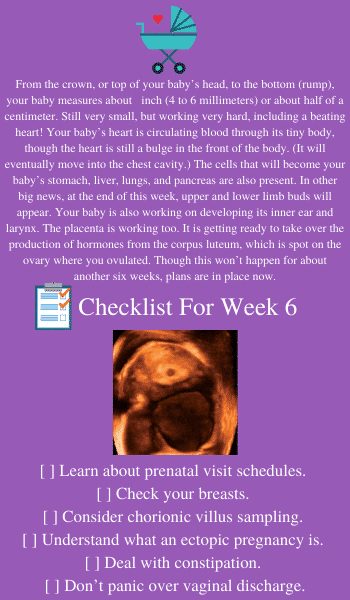
Make sure to check out our Pregnancy Week by Week post where you can find great information for each stage of pregnancy based on weeks.
If everything is progressing as it should be, you will have an ultrasound at around six weeks. This ultrasound can help to confirm the pregnancy and check for any potential problems. It’s also an excellent time to start thinking about what you would like your baby’s room to look like!
What are several tips for taking care of yourself during this period?
There are a few things you can do to take care of yourself during this time:
- Get plenty of rest and sleep
- Eat healthy foods and snacks
- Stay hydrated by drinking lots of water
- Exercise moderate exercise
- Avoid contact sports or any activity that could put you at risk for injury
- Take prenatal vitamins
- Don’t smoke, drink alcohol, or use drugs
- See your doctor for regular checkups and ultrasounds.
FAQs
How does your stomach feel at 6 weeks pregnant?
Some women experience nausea and vomiting (morning nausea), while others don’t feel different. The baby is the size of a kidney bean at 6 weeks pregnant.
What should I avoid at 6 weeks pregnant?
You should avoid smoking, drinking alcohol, and caffeine. You should also avoid contact sports. If you are experiencing morning conditions, try to eat smaller, more frequent meals.
Can you see a baby bump at 6 weeks?
This is a significant time for your Baby’s development. At six weeks pregnant, you may start to show a tiny baby bump. This will vary from woman to woman.
What are the indications of a healthy pregnancy at 6 weeks?
Some signs of a healthy pregnancy at six weeks include a regular heart rate, nausea and vomiting subsiding, and a tiny baby bump. You should avoid smoking, drinking alcohol, and caffeine. You should also avoid contact sports. If you are experiencing morning indisposition, try to eat smaller, more frequent meals. If you have any concerns or problems, call your doctor.
What type of doctor should I see at 6 weeks pregnant?
Schedule a prenatal appointment with your doctor is essential for you and your baby. First, you should see your regular doctor or OB/GYN. The first appointment will usually confirm the pregnancy and set up your prenatal care. At this appointment, you will also want to discuss your diet and any medications you are taking. You will also want to get a blood test to check for potential genetic disorders.
Other Pregnancy Weeks:
- 1 Week Pregnant
- 2 Weeks Pregnant
- 3 Weeks Pregnant
- 4 Weeks Pregnant
- 5 Weeks Pregnant
- 7 Weeks Pregnant
- 8 Weeks Pregnant
- 9 Weeks Pregnant
- 10 Weeks Pregnant
- 11 Weeks Pregnant
- 12 Weeks Pregnant
- 13 Weeks Pregnant
- 14 Weeks Pregnant
- 15 Weeks Pregnant
- 16 Weeks Pregnant
- 17 Weeks Pregnant
- 18 Weeks Pregnant
- 19 Weeks Pregnant
- 20 Weeks Pregnant
- 21 Weeks Pregnant
- 22 Weeks Pregnant
- 23 Weeks Pregnant
- 24 Weeks Pregnant
- 25 Weeks Pregnant
- 26 Weeks Pregnant
- 27 Weeks Pregnant
- 28 Weeks Pregnant
- 29 Weeks Pregnant
- 30 Weeks Pregnant
- 31 Weeks Pregnant
- 32 Weeks Pregnant
- 33 Weeks Pregnant
- 34 Weeks Pregnant
- 35 Weeks Pregnant
- 36 Weeks Pregnant
- 37 Weeks Pregnant
- 38 Weeks Pregnant
- 39 Weeks Pregnant
- 40 Weeks Pregnant
- Birth Plan
- Baby Due Date Calculator
- EDD Calculation
- how many weeks pregnant I am

